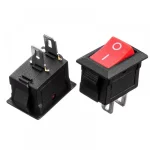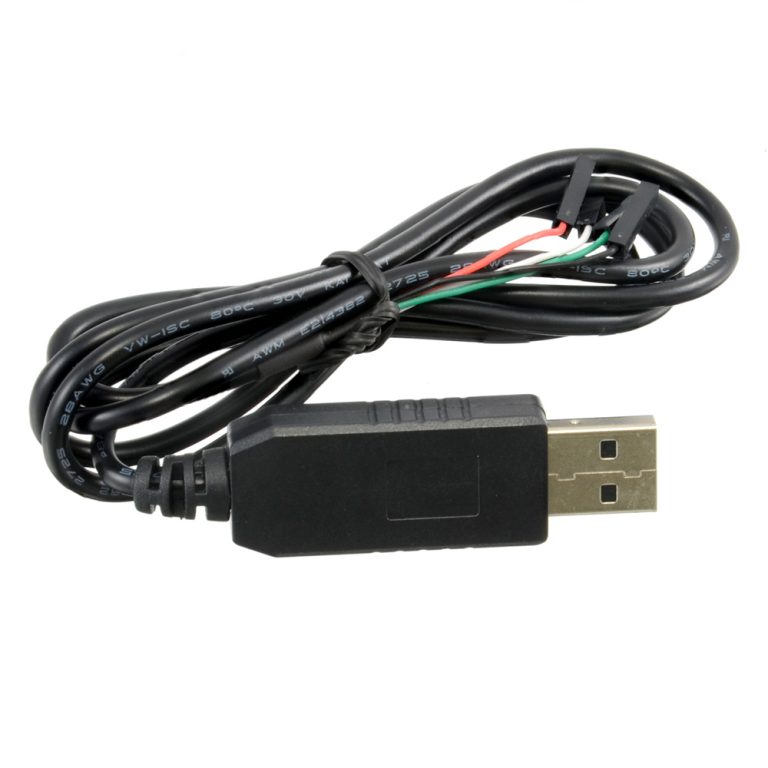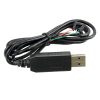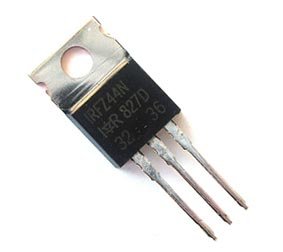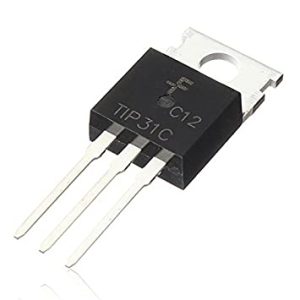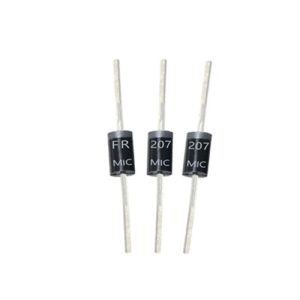Description
Product Overview
The USB to TTL Converter PL2303 is a versatile and efficient device designed to convert USB signals to TTL (Transistor-Transistor Logic) levels, enabling seamless communication between USB-enabled devices and TTL-compatible microcontrollers. This converter is perfect for a wide range of applications, including programming, debugging, and interfacing with various electronic projects.
Specifications
- Chipset: PL2303
- Input Voltage: 5V DC (from USB)
- TTL Signal Levels: 0V to 5V (standard TTL levels)
- Baud Rate: Supports baud rates up to 115200 bps (check compatibility with your devices)
- Connector Type: USB Type A for connection to host devices; includes RX, TX, VCC, and GND pins for TTL devices
- Dimensions: Compact design for easy integration into various projects
Key Features
- Easy to Use: Plug-and-play functionality for straightforward setup with no additional drivers required for most operating systems
- High Compatibility: Works with a wide range of microcontrollers, development boards, and devices requiring TTL communication
- Indicator LEDs: Built-in LEDs to indicate power and data transmission status, aiding in troubleshooting
- Durable Design: Robust construction ensures reliable performance in a variety of applications
Applications
- Microcontroller Programming: Ideal for programming and debugging Arduino, Raspberry Pi, and other microcontroller boards
- Data Communication: Perfect for establishing communication with sensors, GPS modules, and other TTL devices
- Prototyping: Great for DIY electronics projects, allowing easy connectivity and testing
- Industrial Automation: Suitable for interfacing with legacy equipment that requires TTL-level signaling
Why Choose the USB to TTL Converter PL2303?
This converter offers a reliable and user-friendly solution for bridging the gap between USB and TTL communication, making it essential for anyone working with serial devices. Its compact design and compatibility with various systems make it a top choice for both beginners and experienced users.


